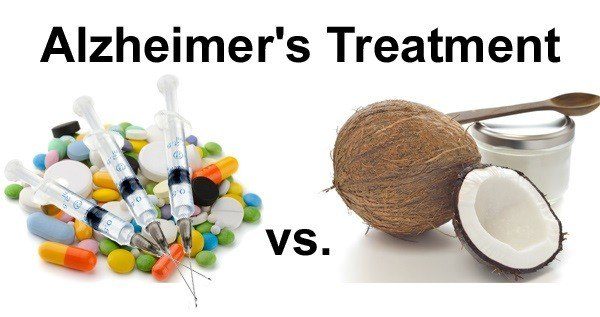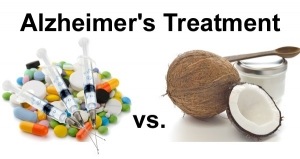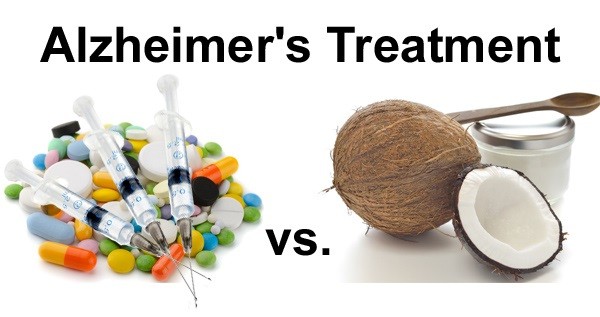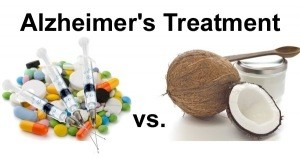Another Phase 3 Trial Failure to Develop an Alzheimer’s Drug Shows Why Virgin Coconut Oil is Needed to Prevent Dementia
After more than a decade of failed drug trials and $billions lost in research to try and bring an Alzheimer's drug to market, maybe the pharmaceutical industry is finally ready to admit that they don't really understand what causes Alzheimer's disease. It was announced earlier this week that Roche had failed for the second time to develop a successful Alzheimer's drug. I have been reporting on the failure of Big Pharma to produce an Alzheimer's drug for over a decade now, along with publishing numerous testimonies of how many people have reversed the effects of Alzheimer's and dementia by using Virgin Coconut Oil in their diet, especially if it is part of an overall ketogenic diet which emphasizes healthy high fats, moderate levels of protein, and small amounts of carbohydrates. There is strong evidence that one of the main contributing factors for Alzheimer’s Disease is a diet too low in fats and excessive pharmaceutical drugs. The low-fat dietary advice, and the demonization of cholesterol, has led to poor health and the development of worthless and harmful statin drugs. The data and evidence on the health benefits of coconut oil and the ketogenic diet are overwhelming today, not only for Alzheimer’s Disease, but for a whole host of other diseases as well. I have also written a booklet that not only covers the research and testimonials on how Virgin Coconut Oil has helped so many people with Alzheimer's and dementia, but also includes dietary advice on how to include coconut oil into one's diet and other tips on Holistic Geriatric Care. I am offering this booklet to the public for free....










